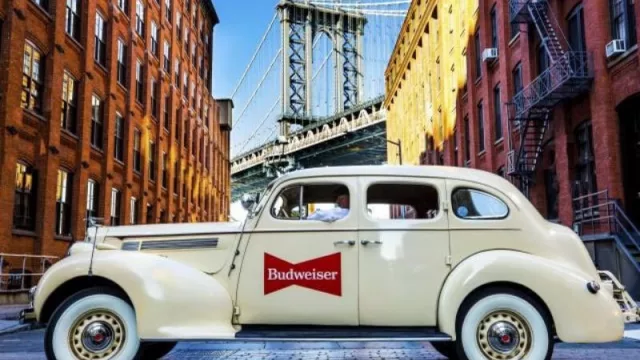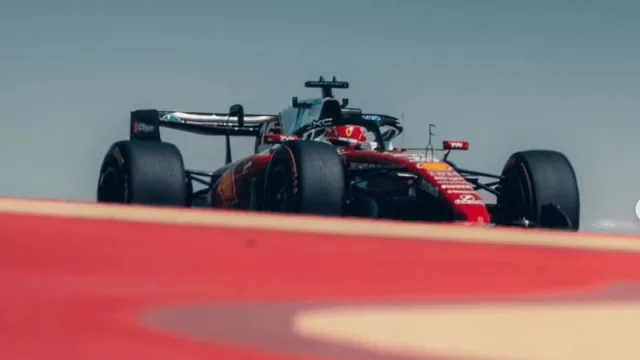Budweiser's History:
Founded in 1876 by Adolphus Busch in the United States, Budweiser has been a pioneer in beer production and the implementation of innovative marketing strategies. Its slogan, "The King of Beers," has solidified its position as one of the most iconic brands in the beer world.
International Expansion:
Despite its success in the United States, Budweiser has faced significant obstacles in its international expansion. One of the main challenges has been the protection of its brand in Europe, where the Czech brand Budweiser Budvar claims rights to the name "Budweiser." This legal dispute has led to restrictions on the marketing of Budweiser in several European countries.
Geographical Restrictions:
Budweiser has encountered restrictions in countries such as Germany, Austria, and Belgium, where Budweiser Budvar has secured exclusive rights to the name "Budweiser." In these countries, the American beer is marketed under the name "Anheuser-Busch B" to avoid legal conflicts.
Challenges in Event Sponsorship:
The brand conflict has also affected Budweiser's ability to sponsor events in Europe, including global events. In several cases, the American brand has faced difficulties in associating with sports and cultural events due to a lack of trademark rights in certain countries.
Innovation and Adaptation:
Despite legal and geographical challenges, Budweiser has demonstrated remarkable ability to innovate and adapt to international markets. The brand has developed creative marketing strategies and diversified its product portfolio to meet local consumer preferences.
Budweiser is more than just a beer; it is a symbol of tradition, quality, and perseverance. Despite the challenges it faces in international expansion, the brand remains a benchmark in the global brewing industry, captivating millions of consumers worldwide with its distinctive taste and legacy of excellence.
The Naming Conflict:
The legal dispute over the use of the registered beer brand Budweiser and its variants Bud, Budweis, and others has been a hot topic that has lasted for almost 120 years between the Czech state factory Budejovicky Budvar of the city of Ceske Budejovice and the American consortium Anheuser-Busch (AB).
The conflict dates back to the 19th century when one of the founders of AB's first brewery in Saint Louis sought a name in Europe for the beer that evoked the European roots of immigrants. AB patented the Budweiser and Bud brands, but the original Czech Budweiser beer from Ceske Budejovice was already sold in the American market.
The first legal confrontations occurred in 1911, and both breweries signed an agreement granting Budvar the right to use the Budweiser brand with the addition of "Original" worldwide, while AB could use the registered Budweiser brand worldwide except in Europe.
During the Nazi occupation of Czechoslovakia in 1939, AB obtained the right to use the Budweiser brand in Europe, excluding the Panama to Alaska region. However, disputes continued, and after the fall of communism in 1990, AB attempted to acquire the Budvar brewery, but the proposal was rejected.
Currently, Budvar and AB are facing over 40 lawsuits in 40 countries and additional proceedings in patent offices worldwide. Budvar has achieved some legal victories in countries like Portugal, the United Kingdom (using BUD), Switzerland, Greece, Yugoslavia, Finland, and the Baltic countries, but has also faced defeats, such as in Italy and Spain.
Budvar bases its claims on the fact that Budweiser is a geographical name that guarantees the origin and quality of the product, as Budweis and Budweiser beer have been produced in Ceske Budejovice since the 13th century.
On the other hand, AB argues that it registered the trademark in the United States in 1876, before the Czech company.
In an attempt to avoid further legal conflicts, Budvar launched the "Czechvar" brand in 2002, exclusively for the US market.
This prolonged legal battle reflects the importance and strategic value that brands have in the brewing industry, as well as the complexity of international commercial disputes in the modern world. The struggle for control of the Budweiser brand has been a legal saga that has transcended generations and continents, marking a significant chapter in the history of branding and intellectual property rights.
Naming Conflict:
The marketing of Budweiser, under the name "Bud," has been subject to restrictions in several countries due to brand conflicts and legal disputes with the Czech brand Budweiser Budvar.
Below are some countries where Budweiser may face restrictions in using its full name:
-
Germany: In Germany, Budweiser is marketed as "Anheuser-Busch B" due to legal disputes with Budweiser Budvar.
-
Austria: Similar to Germany, Budweiser is known as "Anheuser-Busch B" in Austria to avoid brand conflicts.
-
Belgium: Budweiser is also marketed as "Anheuser-Busch B" in Belgium due to legal restrictions on using the full name.
-
Netherlands: In some cases, Budweiser may face restrictions in the Netherlands due to legal disputes over the brand.
-
Other European countries: Depending on local regulations and trade agreements, Budweiser may encounter limitations in various European countries where Budweiser Budvar has secured rights to the name "Budweiser."
It is important to note that restrictions may vary depending on the laws and specific trade agreements of each country.












Tu opinión enriquece este artículo: